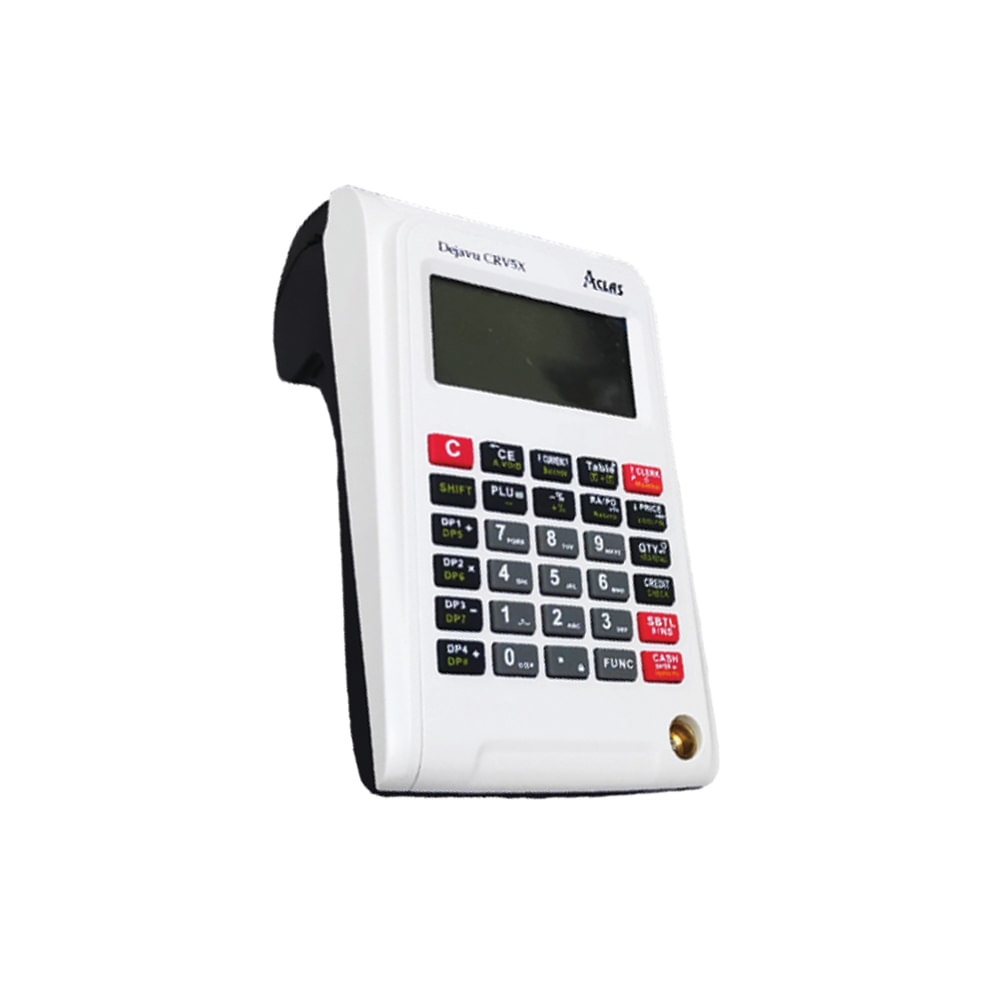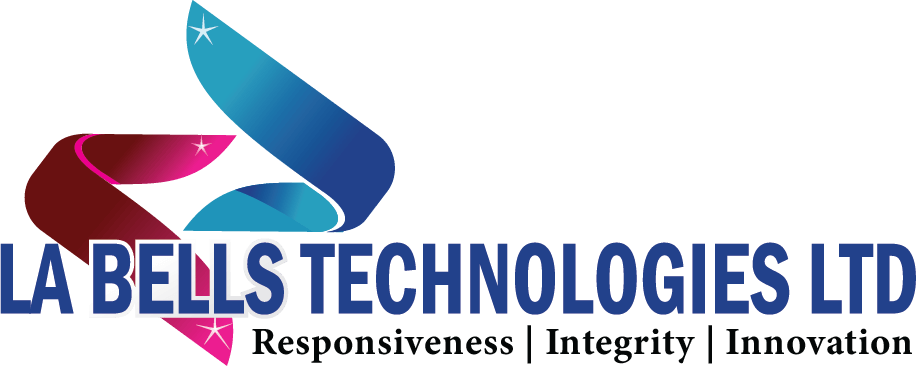Tax planning for your business is essential for minimizing your tax liability and optimizing your financial position. Here are some tips to help you effectively plan your business taxes:
- Understand Tax Laws and Regulations: Stay updated on tax laws and regulations applicable to your business. Familiarize yourself with tax rates, deadlines, reporting requirements, and any changes or updates. Consider consulting with a tax professional or accountant to ensure compliance and understand any specific tax provisions relevant to your industry or region.
- Plan Ahead: Tax planning should be an ongoing process throughout the year, not just during tax season. Start early to allow ample time to implement strategies and make informed decisions. Develop a tax planning calendar to track important dates and deadlines.
- Organize Your Financial Records: Maintain accurate and organized financial records, including income, expenses, receipts, and supporting documentation. Proper record-keeping ensures you have the necessary information to claim deductions, credits, and exemptions and minimizes the risk of errors or audits.

- Use Accounting Software: Utilize accounting software to streamline your financial processes, track income and expenses, and generate financial reports. This not only helps with accurate record-keeping but also provides valuable insights into your business’s financial health and tax implications.
- Consult with a Tax Professional: Engage a qualified tax professional or accountant who specializes in business taxes. They can provide expert advice, help identify tax-saving opportunities, ensure compliance, and assist with tax planning strategies tailored to your specific business circumstances.


- Optimize Business Structure: Evaluate your business structure (e.g., sole proprietorship, partnership, corporation) to determine if it is still the most tax-efficient option. Different structures have varying tax implications, so consider consulting with a tax professional to assess if restructuring could lead to tax savings.
- Take Advantage of Deductions and Credits: Identify all available deductions and tax credits applicable to your business. This includes deductions for business expenses, such as rent, salaries, utilities, professional fees, marketing costs, and credits for activities like research and development, energy efficiency, or hiring certain employees. Ensure you meet the eligibility criteria and maintain proper documentation.
- Maximize Retirement Contributions: Contribute to tax-advantaged retirement plans, such as SEP-IRAs, SIMPLE IRAs, or 401(k) plans. These contributions can provide immediate tax savings by reducing your taxable income while helping you save for retirement.
- Consider Timing of Income and Expenses: Strategically time the recognition of income and expenses to maximize tax benefits. For example, defer income to the following year or accelerate expenses into the current year to reduce taxable income. However, ensure these actions align with your business’s financial goals and cash flow.
- Stay Informed and Seek Professional Advice: Keep up with changes in tax laws, regulations, and incentives that could impact your business. Regularly review your tax planning strategies and consult with a tax professional to ensure you are taking advantage of all available opportunities to minimize your tax liability.
Remember, tax planning should be done within the legal framework and in compliance with applicable tax laws and regulations. Consult with a tax professional to develop a tailored tax plan suitable for your business.


Simplifying Tax Season with Accounting Devices
[…] Tips for Business Tax planning […]